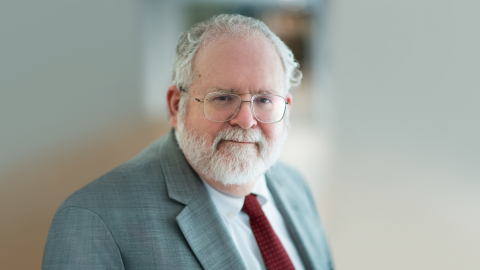The German government’s brief, politically disastrous experiment with welcoming mass migration from the Middle East and beyond is coming to an end as the Merkel government looks at the consequences on its public standing. The Financial Times
Angela Merkel’s decision to throw open Germany’s borders last year to the refugees streaming into Europe was hailed as a huge act of moral courage. It gave the promise of safety and the hope of a new start to tens of thousands fleeing war and persecution in their homelands.
But behind the scenes, Germany’s Willkommenskultur has been drastically revised. The government has rolled up the red carpet and replaced it with an obstacle course. […]
In part, the policy changes are a response to the rise of Alternative for Germany, a rightwing party that campaigns for tough curbs on immigration, and to growing public concern about security in the wake of two terror attacks in Bavaria last summer carried out by refugees.
We’ve said before that the only effective way to deal with mass refugee flows is to have a foreign policy that prevents them; sadly but understandably, the willingness of receiving countries to accommodate refugees declines when the number of refugees and potential refugees spirals up. The refugee lobby, full of good people with good intentions, is fighting this truth of human nature in vain—around the world the doors are closing to refugees as the desperation in places like Syria and Burma grows.
The refugee lobby makes things worse when it attacks the “racism”, “Islamophobia” and “xenophobia” of “selfish” publics unwilling to open the doors to refugees on the mass scale that the ineptitude of, for example, U.S. and European policy in Libya and Syria seems to require. But the authors of the human misery and tragedy of the refugees are, in the first place, the evil rulers and cold killers who engage in the brutal warfare that drives people from their homes, and second with the short sighted, inept policy makers who fail to connect the dots and draw the proper conclusions. Barack Obama, Angela Merkel, David Cameron and Francois Hollande will all face an ugly reckoning as historians come to grips with the unnecessary suffering they failed to address.
Meanwhile, the more well intentioned liberals and refugee advocates try to sustain unsustainable levels of migration, the more they feed the fires of the populist revolts they so fear and abhor. Safe spaces for refugees in their own countries, if necessary backed by Western force, are a more humane, more helpful and more sustainable way to meet the needs of the victims of the growing crisis of Europe’s neighborhood.















